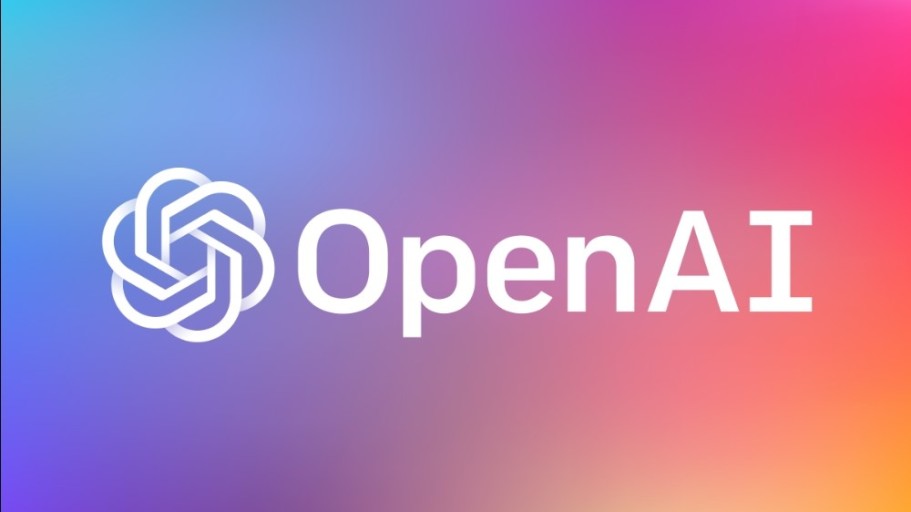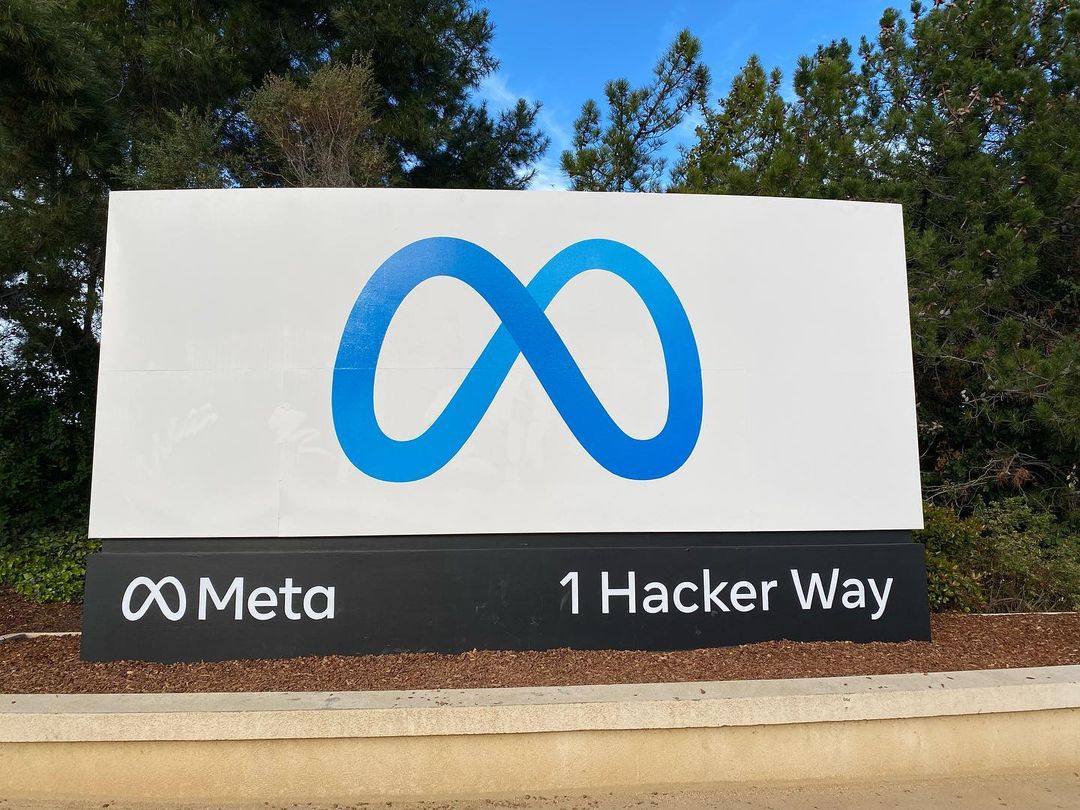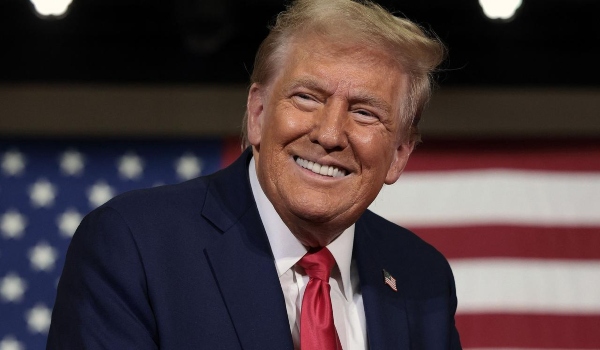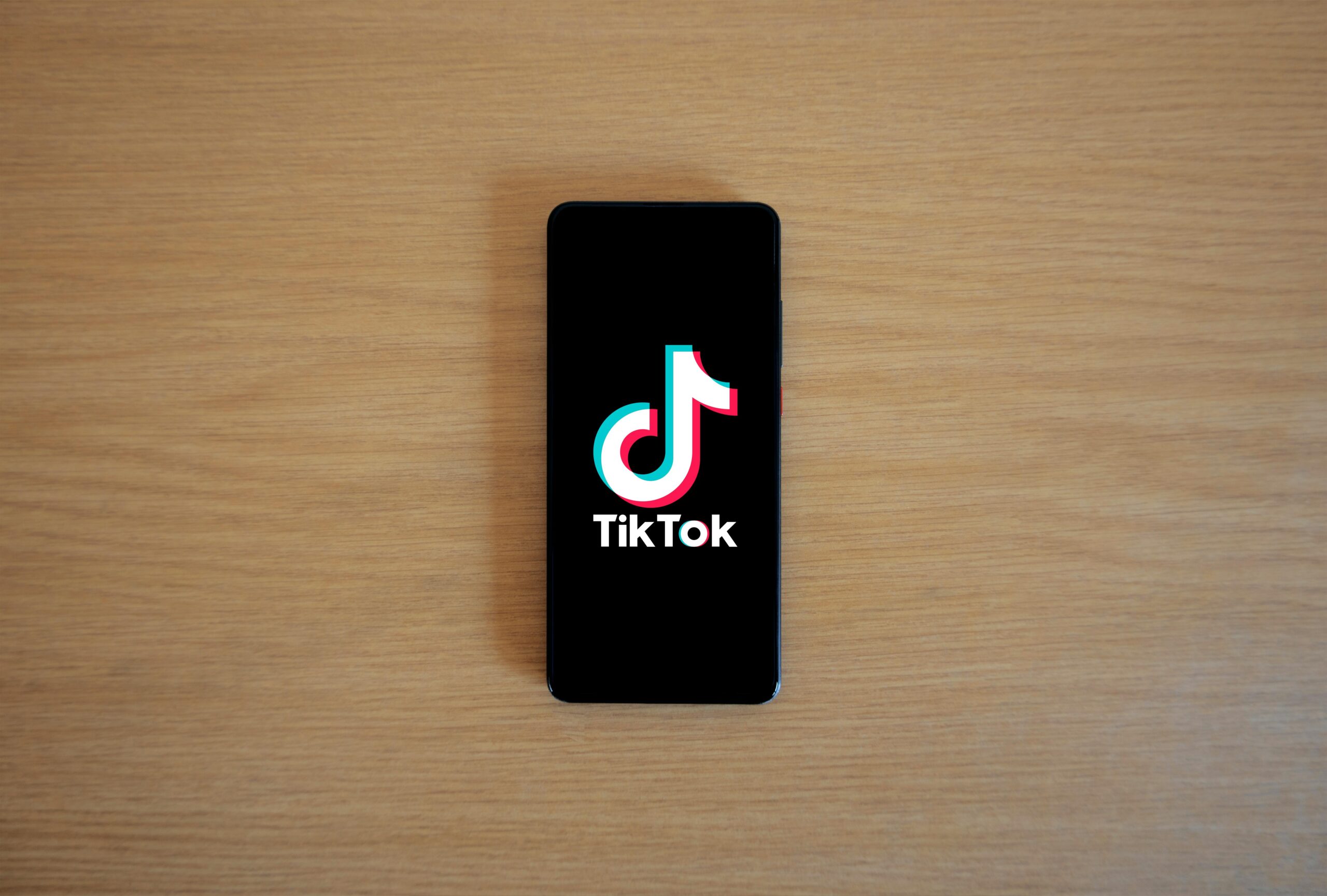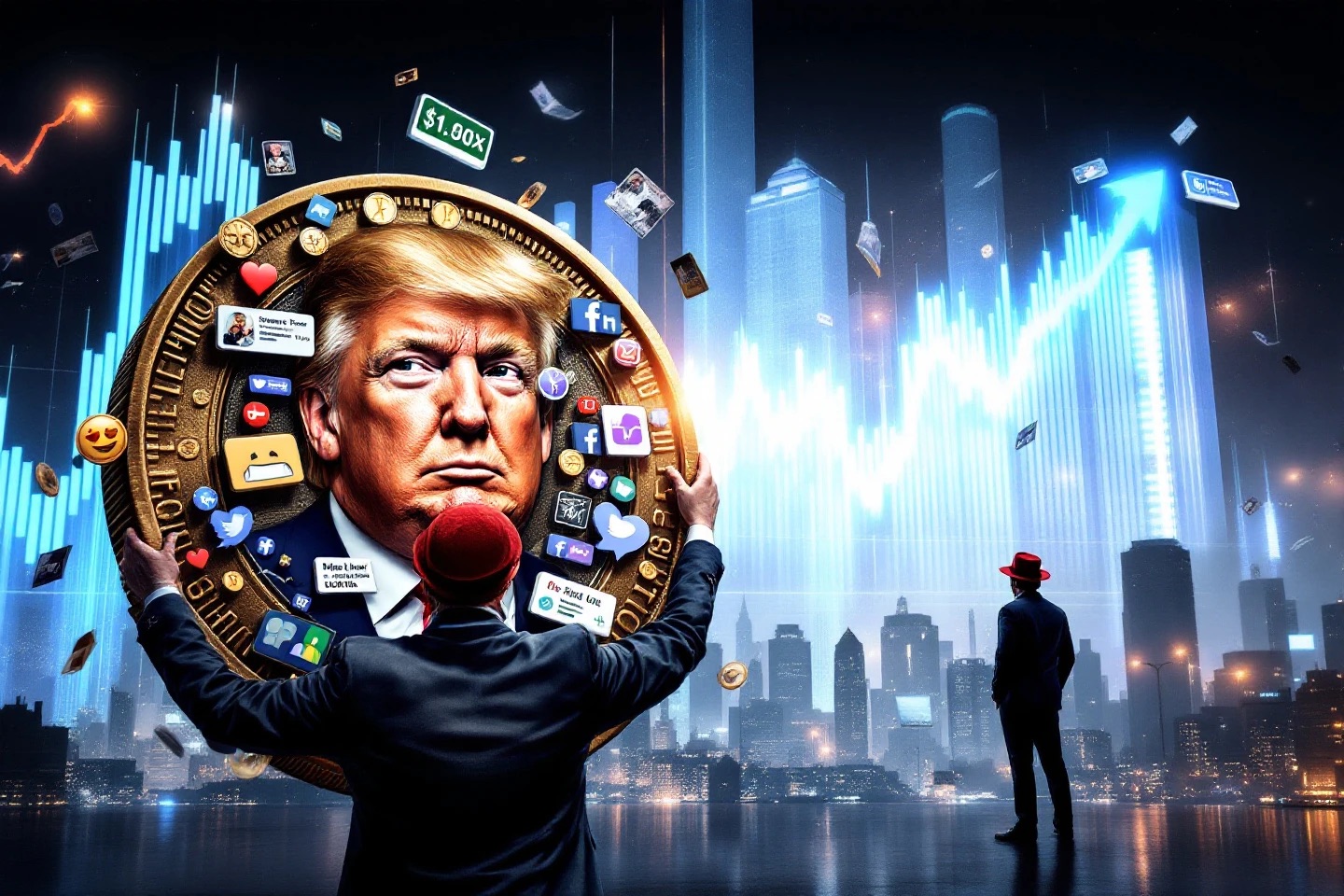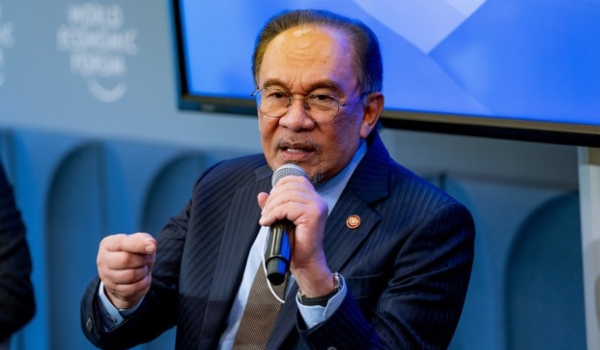The U.S. Supreme Court has unanimously upheld a law mandating the forced sale or ban of TikTok, a decision that places the app’s future in the United States in jeopardy. Signed by President Joe Biden, this law arises from national security concerns surrounding TikTok’s Chinese parent company, ByteDance. With a looming deadline, ByteDance must execute a “qualified divestiture” by Sunday to sell TikTok or face its removal from digital platforms. Meanwhile, the decision on TikTok’s fate now rests with President-elect Donald Trump, who has yet to declare his stance.
TikTok’s U.S presence is substantial, boasting approximately 115 million monthly active users. Among these, nearly 8.5 million are categorized as creators, defined by having more than 1,000 followers. The app’s popularity and innovative format have prompted tech giants like Meta and Google to launch similar services in a bid to capture the short-form video market. Despite TikTok’s impressive user base, it trails behind rivals such as YouTube, Facebook, and Instagram in total users.
The roots of TikTok’s viral success trace back to 2017 when ByteDance acquired Musical.ly for about $1 billion. By combining Musical.ly with TikTok in 2018, ByteDance created a platform that quickly gained traction with young audiences for its dance clips and lip-syncing videos. As TikTok grew in popularity, companies like Meta introduced Reels on Instagram in August 2020 and later extended it to Facebook. Google followed suit with YouTube Shorts in March 2021.
As the deadline for a forced sale approaches, various stakeholders are stepping forward. Businessman Frank McCourt’s internet advocacy group, Project Liberty, has submitted a proposal to purchase TikTok from ByteDance under undisclosed terms. This move signals significant interest in maintaining TikTok’s operations within the United States.
The potential ban of TikTok has elicited a wave of emotional responses from its community. Creator Kimberly Rhoades expressed her gratitude to followers, stating:
“I never even in a million years ever thought that anybody would ever just care about what I say.” – Kimberly Rhoades
Reflecting on the possibility of TikTok’s disappearance, she added:
“If this app goes away, it was a beautiful, beautiful ride.” – Kimberly Rhoades
Other creators have echoed similar sentiments about the community and experiences fostered through the app. Megan Cruz remarked on the platform’s empowering nature:
“Anyone had the potential to be a leader.” – Megan Cruz
Meanwhile, Jack Ryan advised fellow users to reconsider their social media usage:
“I’ve been hearing a lot of people say that once TikTok is gone, you’re just going to cut social media out of your life and I encourage that – it’ll probably be really healthy for you.” – Jack Ryan
He further warned against transitioning to other platforms:
“Don’t follow me on Instagram. Don’t go on there. It’s brain rot. It’s gross.” – Jack Ryan
Jonas Gindin shared his appreciation for the positive interactions he experienced:
“If we’re cooked, it’s been a ride, man. Anytime I see someone comment something positive, it means the world, bro.” – Jonas Gindin
These reflections highlight the profound impact TikTok has had on its users, both as a creative outlet and a community space. Kimberly Rhoades further expressed her connection with her audience:
“It was an honor making you laugh.” – Kimberly Rhoades
As ByteDance races against time to find a buyer, President-elect Donald Trump’s decision remains pivotal. He has yet to announce his course of action but indicated that a resolution is forthcoming:
“My decision on TikTok will be made in the not too distant future, but I must have time to review the situation. Stay tuned!” – Donald Trump
Author’s Opinion
The Supreme Court’s unanimous decision underscores the gravity of the national security concerns associated with TikTok’s operations in the U.S. While the potential ban shakes the very foundation of free digital expression, it also propels us to confront the complexities of international tech governance and data privacy. As the deadline approaches, the future of millions of American TikTok users hangs in the balance, marking a pivotal moment in the ongoing dialogue between technology, policy, and user rights.


